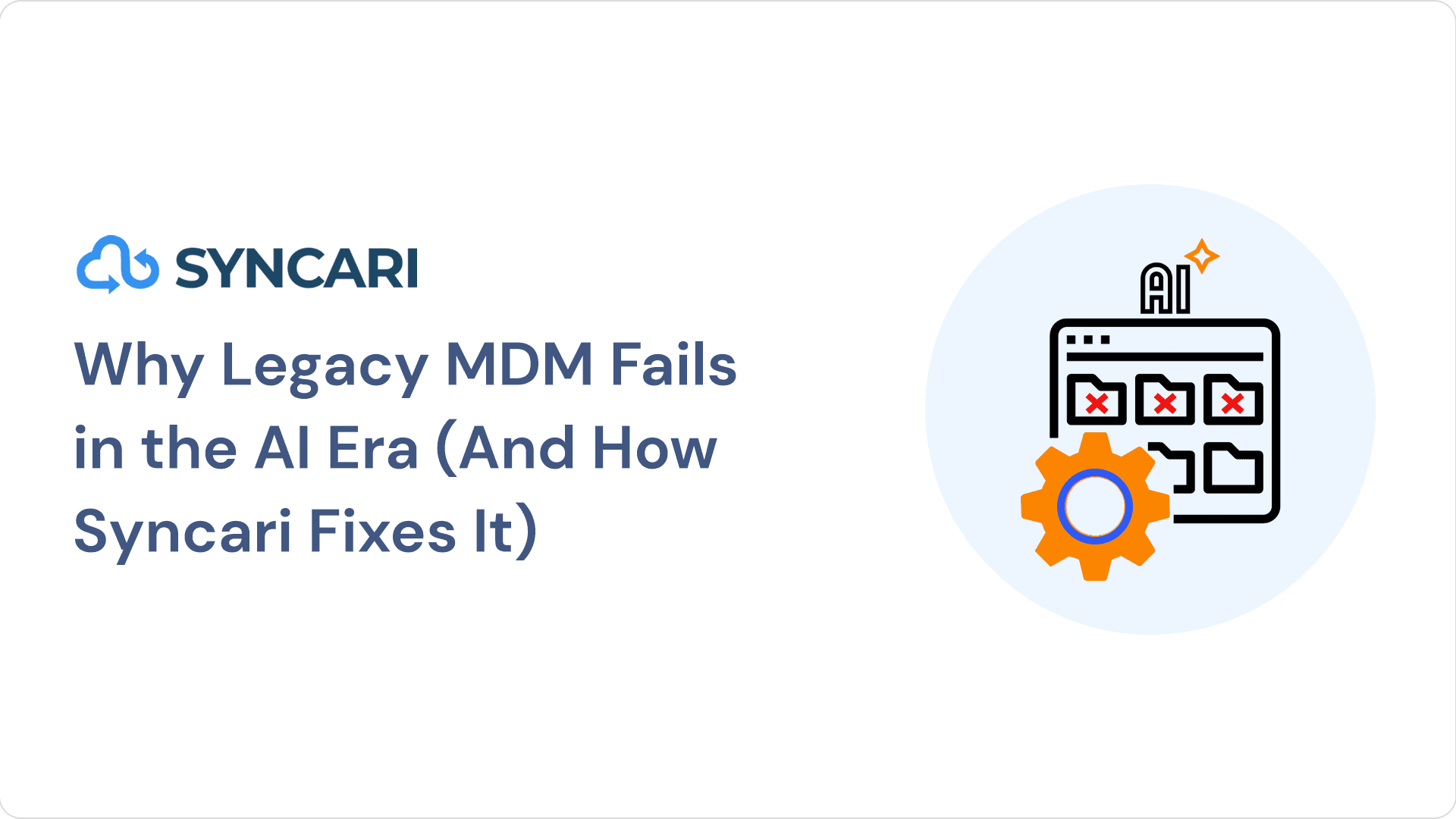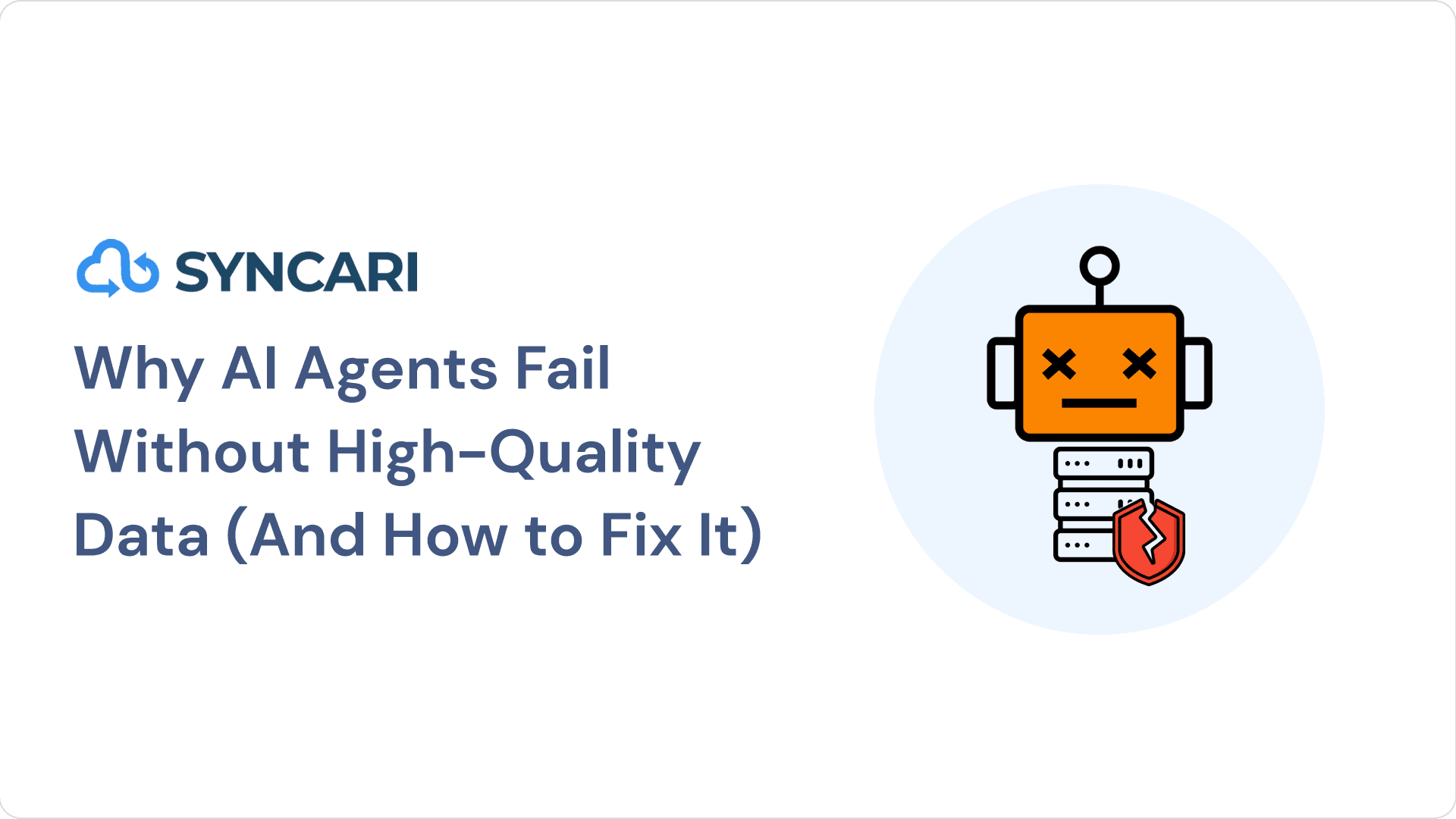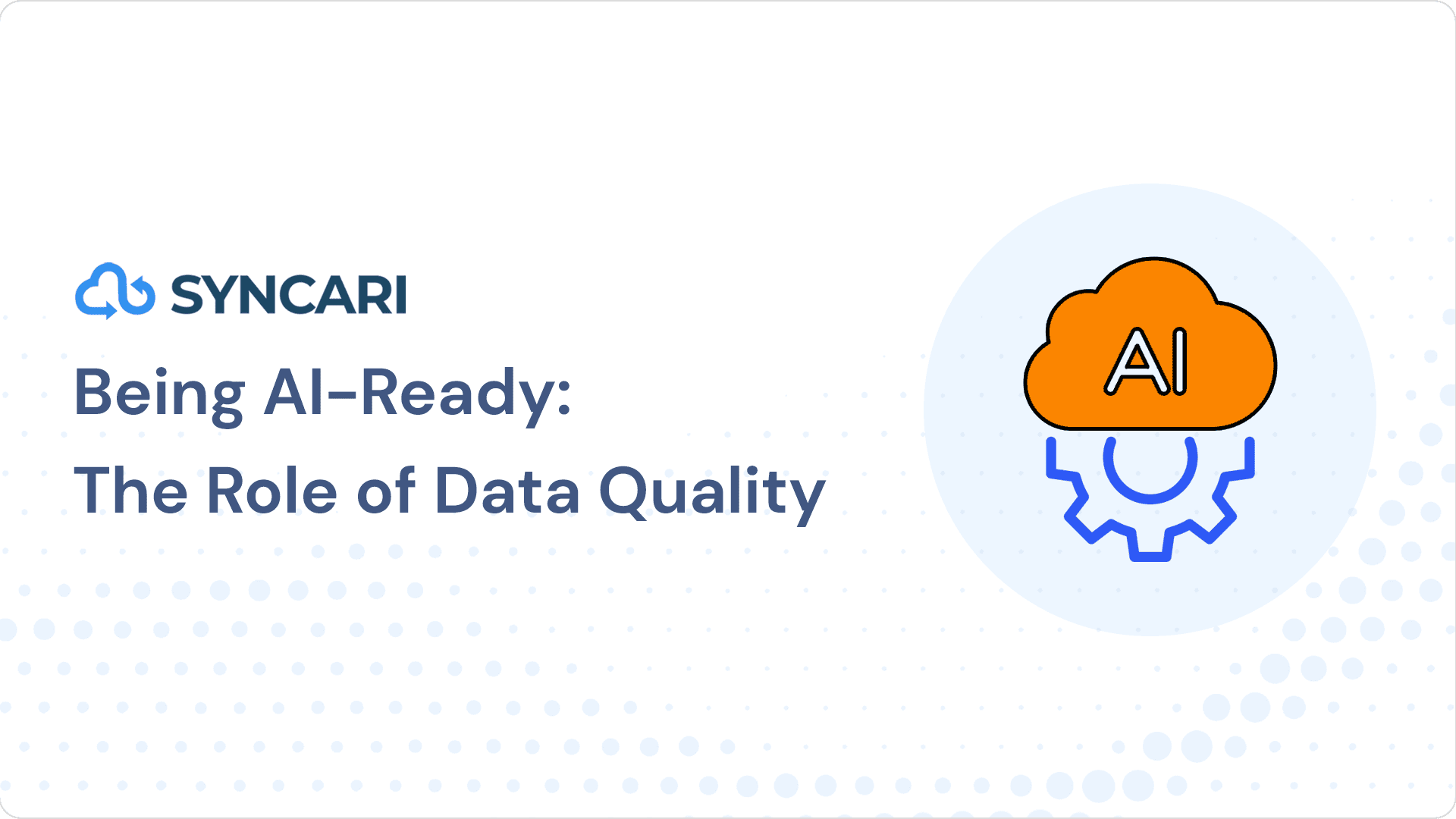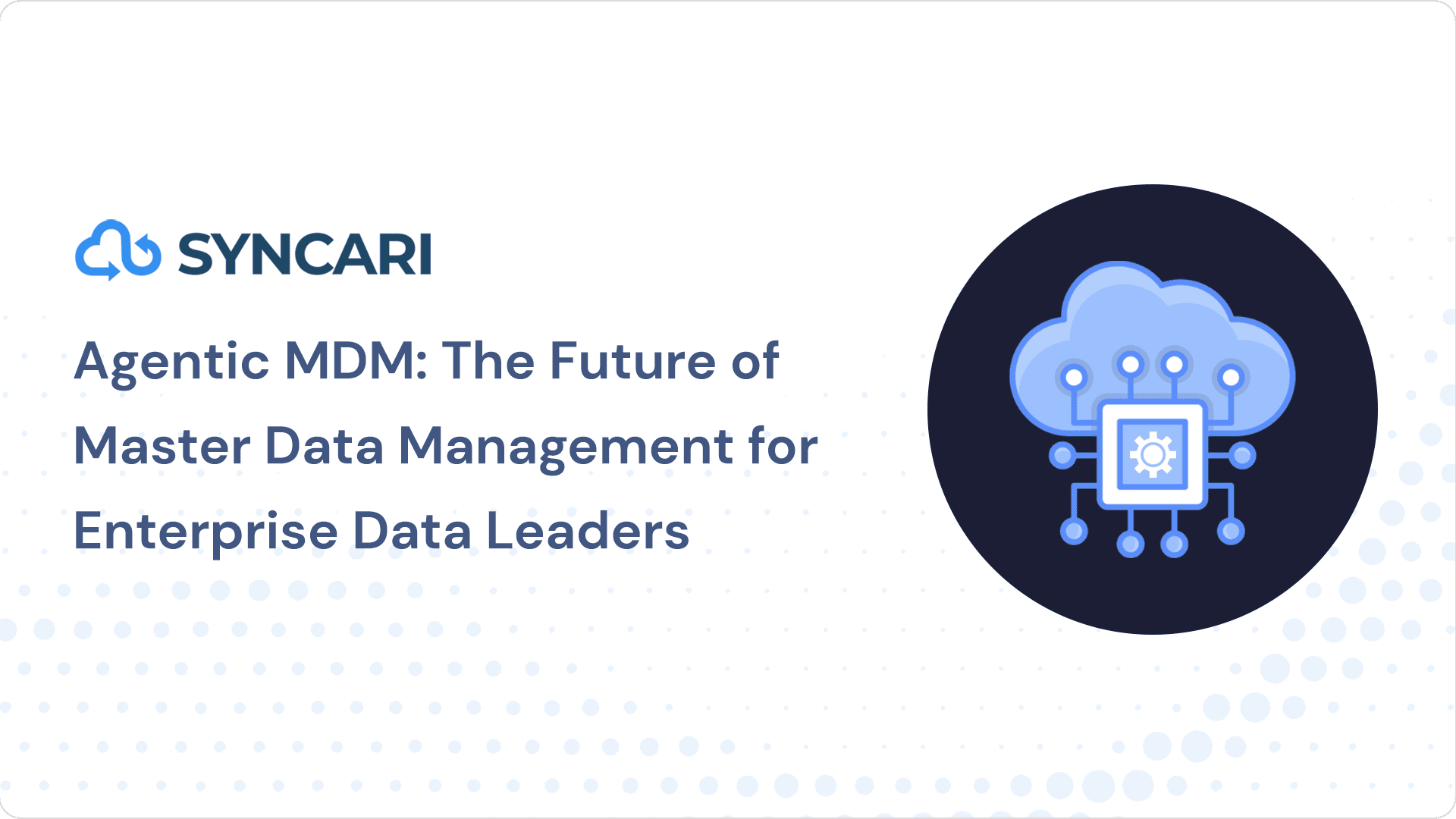Data enrichment is a critical component of your customer data strategy. This article walks through a large list of options for data enrichment companies, what you can use them for, and some recommendations for the best partners depending on your specific sales or marketing need.
Maintaining high quality data in your customer data stack sometimes requires external inputs like data enrichment tools. So if you’re looking for a data enrichment partner, this list is a good place to start. The industry has come a long way since its humble beginnings when you’d file-transfer a .csv to a provider who’d spruce it up and send it back.
What is data enrichment?
“Data enrichment” refers to software that takes a person’s email, LinkedIn profile, phone number, or company website, and checks its own database for a match. If it discovers a match, it sends back data to fill other fields that may be missing. The data enrichment provider’s database then “enriches” these missing fields. You can also think of data enrichment as the process of enhancing, changing or improving existing datasets by adding additional information or attributes to them.
You essentially supplement raw data with more detailed, relevant or valuable data from external sources. To clarify, raw data refers to original, unprocessed and untransformed data that’s collected directly from its source. It’s the most basic form of data (often in its native format) without any modifications, calculations or organization applied to it.
The general purpose of data enrichment is to enhance data quality so it’s more useful for analyzing other business purposes.
Here are some techniques used to enrich data:
- Sourcing demographic information: Adding demographic data (such as age, gender, income, or education level) to customer records or contact lists will give you a better understanding of your target audience. You can also use this demographic data for marketing or segmentation purposes.
- Geolocation data: Using geographic information (such as latitude and longitude coordinates or ZIP codes) to enrich your data will help with your location-specific insights. This can be useful for geo-targeting, localizing services and analyzing regional patterns.
- Social media data: Gathering and integrating social media profiles, posts and interactions with existing customer data. This helps you understand customer preferences, sentiment analysis and also how to identify influencers.
- Firmographic data: Adding business-related information (such as industry type, company size, or revenue) to enrich datasets for B2B analysis or sales prospecting.
- Third-party data: Integrating external data sources (such as market research reports, public records or government databases) to expand the scope and depth of existing data records. It also provides a broader context in terms of industry benchmarks and market trends.
- Data normalization: Data normalization is a technique used to transform data into a consistent format, making it easier to analyze and compare. It’s often considered a part of data preprocessing, which is an essential step in data enrichment.
Standardizing and regularly cleaning your data ensures its consistency and accuracy across different sources (and formats, too). This involves processes like deduplication, name convention standardization and resolving any outstanding inconsistencies.
The overall objective of data enrichment is to improve the quality and completeness of data. This enables organizations to gain more comprehensive insights, make better-informed decisions, and create personalized experiences for their customers.
As you consider the various types of data enrichment and the unique needs of your business, you may want to ask yourself: what type of enrichment do I need?
[ Related: Top 7 Master Data Management Tools to Ensure High-Quality Data ]
Types of data enrichment
Data enrichment — the process of appending additional data to a list, or updating select values to make the data more “fit”— comes in several sizes. There are one-off enrichments, like the sort of cleanse you might conduct upon inheriting an old CRM instance, or double-checking a target account list. And then there are ongoing enrichments where bots make many minor changes as updates arrive, like correcting a contact’s title after they’re promoted.
Then there are enrichments for different roles — for operations, for marketing, and for sales. Operations and marketing enrichments tend to happen on a grand scale. They may require significant work to upload and operationalize. Whereas sales enrichments may be one-offs — like pulling a new target account list, or tiny changes here and there such as verifying a single email at a time.
Which one you need all depends on what you’re running into.
Which types of data enrichment do you need?
Which types of data vendors you need depends on your objective. For most sales organizations, however, the first step is account identification – in other words, which companies to target. Some data enrichment tools do both company and contact lookups (ZoomInfo, Cognism, Apollo.io), but there are specialist tools like BlueprintGTM.com or Keyplay.io that do account identification.
The second step then is identifying which people to reach out to at those accounts – contact information lookups. Tools like RocketReach, Uplead, or Clearbit are often chosen for this step.
There is a third layer of enrichment that is often overlooked, which is human validation on the contact information you receive from a data enrichment tool. There are not many vendors in this space, but Phone Ready Leads and Cloudlead are good examples.
Benefits of data enrichment
Big one-off enrichments are great for a refresh, but they don’t combat some of the most pernicious issues that affect data quality, such as plain old time (people move jobs, swap out marketing softwares, etc.) and APIs.
Few companies realize what a mess many interrelated systems linked with pre-built connectors can make. Without any central intelligence or sense of which system or person has the authority to update a field, changes can create a lot of mayhem. MIT estimates bad data of this sort is responsible for chipping away at 15-20% of the average company’s revenue.
One of the best things you can do, then, is enrich continuously—and implement continuous fixes. The more often the system is updated, the more opportunity it has to catch issues before they compound.
(If having a passive data defense sounds interesting, you may want to skip to Syncari.)
One thing to keep in mind as you evaluate multiple data enrichment companies, is where in your tech stack they send data. For instance, let’s say your marketing automation is HubSpot and you have Salesforce and Outreach, some marketing operations and RevOps leads prefer to have the data enriched in Salesforce there, and some in HubSpot. A lot depends on whether you have all your active contacts in both HubSpot and Salesforce (in this example).
[ Related: Top Data Automation Tools ]
The top data enrichment tools
Cognism
Best for all-around data enrichment
Cognism made its name in the EU with some of the best data for that region, but now has a growing footprint of users and fans in the US. Cognism’s interface is simple but robust, and its data is difficult to beat in most cases.
Demandbase
Best for Account-Based Marketing
Demandbase brings a mix of capabilities for B2B marketing and sales teams, including website visitor intent data, 3rd party topical intent data, and the ability to research companies, build lists, run display advertising, and import to marketing and sales tools.
Because of the ability to enrich CRM and marketing automation tools with firmographic, technographic and intent datasets, Demandbase can be an excellent solution for B2B sales and marketing teams.
Clearbit
Best for API-based enrichment
Clearbit offers accurate and up-to-date B2B sales and marketing data with a twist — they inject it into parts of the buying journey that truly delight and surprise people. Visit their website and see for yourself. If you’re like me, you’ll be greeted by your company’s logo and a picture of your website. It’s data enrichment made actionable for marketing. Clearbit provides website visitor enrichment as well, to detect which companies are cruising your product and pricing pages.
There is one use case in particular that made Clearbit famous: They allow you to reduce your forms to a single email field and eliminate sign up friction, and then simply append all the additional data like company name and size invisibly on the backend.
RocketReach
Best for single-user data enrichment
RocketReach is a powerful search tool with a simple browser extension. The pay-as-you-go (by credits) pricing setup is attractive, because you can consume only what you need. For individuals on sales teams, this is a top way to gather enriched data about a prospect.
SalesIntel
SalesIntel provides a variety of data enrichment features, including which companies are visiting your website, account and contact information lookups, and more.
6sense
6sense has been around a while, competing for Account-Based Marketing (ABM) use cases against Demandbase. Many users enjoy its website visitor detection and list-building capabilities. It also has 3rd party topical intent data, which it offers via API.
Buzzboard
Best for small business (SMB) data enrichment
Buzzboard has a unique set of data that is difficult to find in almost any other data enrichment vendor: small businesses. If you sell to local small businesses, you really have to check it out.
Apollo.io
Best for sales automation with embedded enrichment
Apollo combines the functionality of a sales automation and email sequencing tool, like Outreach or Salesloft, with a database of contacts and companies. This means, rather than piping data from a data enrichment tool to your CRM or sales automation tool first, you can build lists and launch campaigns and sequences all within Apollo.io.
From an SDR or general sales prospecting standpoint, that’s pretty efficient.
Groove
Groove is similar to Apollo.io if somewhat lesser known. If you’re looking for an all-in-one data vendor and sales automation platform, you should check out Groove as well.
Breadcrumbs.io
Best for lead scoring as a means of enriching your contact database
Breadcrumbs.io doesn’t vend data per se, but it does provide super intelligent and easy-to-use lead scoring on top of your existing contact database. Pull from marketing automation or CRM and build dynamic scoring models to better understand attribution and improve your marketing triggers and sales engagement.
Qualified
Best for engaging detected website visitors while on-site
Qualified isn’t a typical data vendor. Instead, it’s an intelligent chat capability that identifies companies on your website and lets you engage with them based on routing logic. For instance, if Company X is owned by SDR Jenna, Jenna can hop onto Qualified and chat directly with the website visitor. It’s an excellent pipeline accelerator, and it made this list because it’s effectively enriching websites for chat-based action.
Factors.ai
Best for all-in-one marketing attribution and website visitor lookup
Factors.ai is an interesting new take on martech from some innovative founders. They’ve combined marketing attribution automation with company detection on your website, so you can map companies in your CRM to marketing activity. Most B2B marketing teams are not able to bridge this gap fully, even with the best implementations of Marketo or HubSpot, so it’s exciting to see what Factors.ai is building.
Amplemarket
Amplemarket, like Apollo.io and Groove.co, combines data enrichment and email sequencing functionality. It also has some powerful new capabilities related to LinkedIn: sequencing of LinkedIn messages (actual replies from within Amplemarket publish to LinkedIn, not just a reminder) and contact job change tracking.
Explorium
Explorium is building a new suite of capability with intelligent scoring baked into the database. So as you research companies and contacts, Explorium helps you sort and filter to the best fit based on its knowledge of your company and your existing customer base.
Blueprint GTM
Best for account list-building
Jordan Crawford built Blueprint GTM’s proprietary database of job descriptions over the last couple years, and it’s now a powerful, searchable database. Target accounts reveal a lot in their job descriptions, including which technologies they use and what new initiatives they’re planning. So it becomes a rich source of account intelligence and research, as well as an excuse to reach out to a target account.
Keyplay.io (by PeerSignal)
Best for PLG account targeting
Adam Schoenfeld of SimplyMeasured fame is on to his next big thing: PeerSignal, a B2B and PLG media/research hybrid, which parents Keyplay.io. Keyplay is a niche provider of highly valuable data about companies.
Uplead
Uplead is most similar to RocketReach – simple pricing, large database, easy-to-use tools for single users.
The Org
Best for company org structure research
The Org is a new player in the market, and is crowdsourcing org structures for both HR and leadership teams. However, sales teams can use it as well, to understand what organizations exist, how they’re structured, what they’re called, and who to engage with at different levels.
Introhive
Introhive pioneered a network approach to contact research, including organizational structures and social connections such as LinkedIn. This gives sales teams powerful insight into their extended personal networks, and supercharges referral capabilities.
Phone Ready Leads
Phone Ready Leads is one of the innovators of human-validated phone numbers. They take your list, dial into it and score it based on responsiveness and disposition. The result is a massive increase in connection rate for cold calling sales teams.
Datanyze (by ZoomInfo)
Datanyze was and still is a pioneer in technographics — that’s data about the technologies a particular company uses. This platform uses a web crawler the same way Google search does, but it looks for tags on your website to identify which analytics or marketing automation you use. It also uses a variety of data sources to reveal technologies not discoverable through tags, say, by searching jobs postings.
DiscoverOrg (by ZoomInfo)
DiscoverOrg specializes in high-accuracy B2B lead lists. Whereas lots of other providers try to automate everything and capture every company, DiscoverOrg uses a small army of people dialing into companies to verify contact and account information and improve accuracy, and only covers medium-to-larger companies. But wow is it accurate.
FullContact
FullContact offers classic data enrichment with no frills. Its primary focus is advertising and ‘data activation.’
Hunter.io
Like the name implies, Hunter is for sales hunters—enter a domain and it provides all publicly available emails for that company, and verifies them. Its Chrome plug-in is handy.
InsideView (by Demandbase)
InsideView is a full-service data broker prized for its data accuracy and for supporting account-based marketing (ABM) programs. You can enrich data, buy lists, or have their team build custom data solutions.
LeadGenius
LeadGenius is a classic data enrichment tool, but its unique value is that whereas other data companies use a general, all-purpose web crawler to gather data, you can launch your own mini, tailored crawlers for verticals or projects. Once launched, its crawler learns, and sometimes turns up companies and prospects other data providers don’t catch.
Owler
Owler allows salespeople to follow companies and gather press, media, and other compelling reasons to reach out. Furthermore, it’ll notify you when something comes up.
Pipl
Pipl is a data provider that focuses on stitching data together to form a complete view of a prospect. Run searches or pull data automatically through its API.
Data Axle Genie (formerly Salesgenie)
Data Axle Genie lets small businesses buy lists. Their typical verticals include pest control companies, merchant services, transportation management, staffing companies, and insurance agencies.
Snov.io API
No-frills email verifier and Hunter alternative.
Syncari
The list wouldn’t be complete without it. In all seriousness, sometimes you need data enrichment and sometimes you don’t. All too often, sales and marketing operations teams fix gaps in their data with the addition of new data. Sometimes this works, but often it’s a band-aid over the real problem (which is usually that existing data is getting lost or messed up). These data quality issues can be extremely painful.
The best fixes are automatic and continuous, and the more structure and governance you have in place, the less need you have for enrichment. And having automatic controls will only help you make better use of the data you do purchase. For example, if you have controls set such that the CRM has data authority over phone numbers, the correct numbers are safe from marketing enrichments.
See how to test and preview data with Syncari test pipelines.
Vainu
Vainu provides real-time firmographic company data. So when your prospects purchase new, other, complementary technologies to yours, like, say NetSuite, you’ll get notified.
ZoomInfo
Finally, were this list not in alphabetical order, we might’ve listed ZoomInfo at top. ZoomInfo is the de-facto B2B list provider for sales, marketing, and operations. You can give your sales team search tools to build their own lists, or set up continuous enrichment.
Also, the company has made a lot of acquisitions in the past few years. One of these include the unique web-crawling company, EverString. In the past, some of its data was questionable. Today, it’s quite good.
Lusha
Lusha is excellent if you’re looking for reliable contact information lookups, easy list management, reasonable pricing, and easy-to-use tools like their Chrome extension.
Seamless.ai
Seamless boasts verified phone numbers, emails and a slick Chrome extension. In fact, Seamless.ai was one of the first data enrichment companies to provide a simple browser extension to run lookups while you cruise LinkedIn and target company websites.
Anyone we’re missing that belongs on this list? Take to Twitter and tell us about it.




